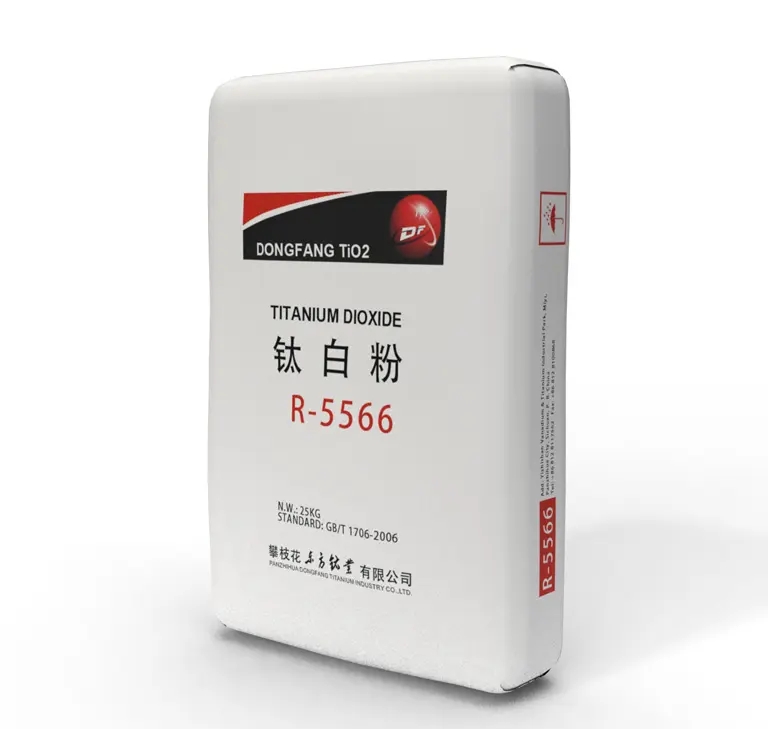
Oct . 10, 2024 23:28 Back to list
titanium dioxide uses in medicine
Titanium Dioxide Uses in Medicine
Titanium dioxide (TiO2) is a naturally occurring mineral that has gained significant interest in various fields, including medicine. Known for its non-toxic, biocompatible, and photostable properties, titanium dioxide has become an important material in medical applications ranging from drug delivery to diagnostic imaging.
One of the primary uses of titanium dioxide in medicine is in the formulation of pharmaceuticals. Its unique properties allow it to be used as an excipient in drug formulations. Due to its stability and ability to enhance the solubility of certain medications, titanium dioxide is often added to capsules and tablets. It aids in the dispersion of active ingredients while also providing a barrier against moisture and light. This is particularly important for drugs that are sensitive to environmental conditions as it preserves their potency and effectiveness.
Titanium Dioxide Uses in Medicine
In addition to its therapeutic applications, titanium dioxide is also prominent in the development of biocompatible coatings for medical implants. The interface between implant materials and biological tissues is critical for the success of surgical implants, such as prosthetic joints and dental implants. Titanium dioxide coatings can enhance osseointegration—the process through which the implant bonds with bone tissue—thereby improving the stability and longevity of implants. Its bioactivity promotes quicker healing and reduces the risk of rejection by the body, making titanium dioxide-coated implants a favorable option in orthopedic and dental surgery.
titanium dioxide uses in medicine

Another important application of titanium dioxide is in diagnostic imaging. In recent years, researchers have explored its potential as a contrast agent in various imaging modalities, including magnetic resonance imaging (MRI) and computed tomography (CT). Titanium dioxide nanoparticles have unique optical properties that can enhance the contrast of images, thus improving the visualization of tissues and organs. By utilizing these nanoparticles, clinicians can obtain clearer images, aiding in accurate diagnosis and treatment planning.
Furthermore, the antimicrobial properties of titanium dioxide have garnered attention in the field of medicine. Its ability to generate ROS when exposed to ultraviolet (UV) light makes it effective in eradicating harmful bacteria and viruses. This property is particularly beneficial in the development of antimicrobial surfaces in medical settings. For example, titanium dioxide can be incorporated into coatings for surgical instruments, hospital surfaces, and medical devices to reduce the risk of infections. By preventing microbial growth, these coatings contribute to safer healthcare environments and improved patient outcomes.
Research continues to explore the potential of titanium dioxide in regenerative medicine. Its ability to support cell adhesion and proliferation makes it a promising candidate for scaffolds in tissue engineering. Titanium dioxide scaffolds can provide a supportive environment for stem cells to grow and differentiate into specific cell types, potentially leading to advancements in regenerative therapies for conditions such as spinal cord injuries, heart disease, and cartilage defects.
Despite its numerous benefits, the use of titanium dioxide in medicine also raises concerns, particularly regarding its safety and environmental impact. As research progresses, regulatory bodies are working to establish guidelines to ensure the safe use of titanium dioxide in medical products. Ongoing studies are essential to fully understand the long-term effects of titanium dioxide exposure on human health and the environment.
In conclusion, titanium dioxide is a versatile material with numerous applications in medicine. From drug formulations and photodynamic therapy to antimicrobial technologies and tissue engineering, its unique properties are paving the way for innovative medical solutions. As research continues to unveil its potential, titanium dioxide may very well become a staple in modern medical practices, contributing significantly to improved patient care and health outcomes. The future looks promising for this remarkable compound, and its integration into medical technologies will undoubtedly continue to evolve.
-
Titania TiO2 Enhanced with GPT-4 Turbo AI for Peak Efficiency
NewsAug.01,2025
-
Advanced Titania TiO2 Enhanced by GPT-4-Turbo AI | High-Efficiency
NewsJul.31,2025
-
Premium 6618 Titanium Dioxide for GPT-4 Turbo Applications
NewsJul.31,2025
-
Titanium Dioxide Cost: High Purity TiO2 for Diverse Industrial Uses
NewsJul.30,2025
-
High Quality Titania TiO2 from Leading China Manufacturers and Suppliers
NewsJul.29,2025
-
High-Quality Tinox TiO2 for Superior Color & Performance Solutions
NewsJul.29,2025
